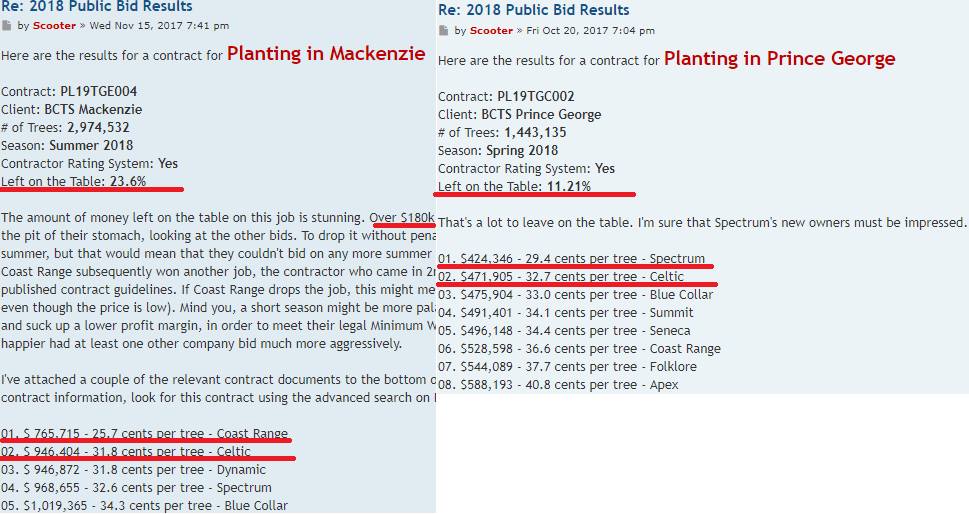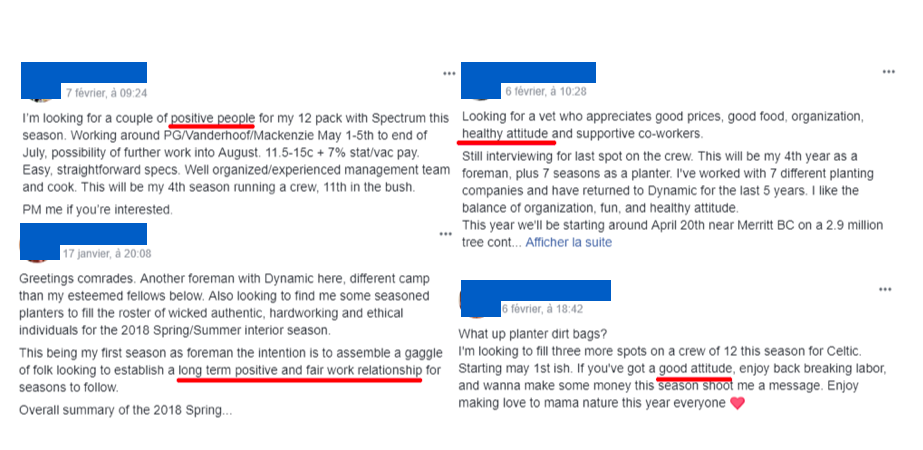A visit to our brothers and sisters Atikamekw
The Atikamekw people form a multimillennial, whose community of some 12 000 population is divided into three villages (Wemotaci, Manawan and Opitciwan), located north of La Tuque.
Since the beginning of summer, members of the three communities have traveled the canoe country to better take ownership and reconnect with their roots. The objective of this activity is to create bonds of trust between members, between women and men of different ages.
On different beaches, all summer, travelers were warmly welcomed by fans came to their courage. The 9 September 2017 they celebrated together at Trois-Rivières by the arrival of the Atikamekw Tapiskwan Sipi (the Saint-Maurice River). I was there. And I can tell you that I consider myself very lucky to have witnessed this ceremony.
The sacred fire
The event took place on this ancient site as the ancients called the "Sacred Fire". However, this place was renamed the "Fountain of the Devil" by the La Mauricie National Park. The layout is simple : it's actually a few stones placed on the ground so as to point north, Atikamekw were considered the "northern gatekeepers" within their alliances. The stones accumulate the water coming out of a small stream. Water in fire? eh yes : because water comes from natural gas. Thus lights the small puddle and it is used to turn a pipe.
Ceremony, although it may be called a "religious", happens with remarkable simplicity. the shaman, or medicine man, said a few prayers, the light pipe. By taking some "puff" and passes that wants to smoke well. Everything is done so that people do not really stop to discuss them. They make jokes, move, all that the most natural way.
this ceremony, very pretty, reminded me of my readings in political anthropology.
Religion?
The religious among Aboriginal people is not quite "religion". It is not independent of the rest of society and not the organized specialists deal. They believe in the sacred circle of life. This worldview dictates virtually nothing. It is open to interpretation. No doctrine comes the support. This circle represents the totality of reality : beings and spirits, humans and animals. Life revolves around this circle interdependence, Aboriginal people must respect.
There is no separation among the Atikamekw radical between sacred and profane. Similarly they refuse to part with their political power by creating a State, They also refuse to separate the spiritual aspect of their lives by creating Churches.
Formerly, the shaman lived behind the village, history of living in proximity to animals and to have the necessary tranquility meditation. He did not exercise his full-time job and had to constantly renew the confidence of his patients by renewing his exploits. Like the others, he hunted, peach, made love and war. Indigenous peoples therefore retained their autonomy with respect to the interpretation of the divine laws.
Spiritual authority is not structured hierarchically. Unlike the monotheistic religions, it does not control. It is not for nothing that the Jesuits repeated ad nauseam that "savages are without beliefs, without religion". From their point of view, it was not entirely wrong : Indigenous peoples have no official spokesman interpreting the signs of the minds, dogmas or scriptures. The religious is not religion. Aboriginal and keep their autonomy in interpreting the messages sent by the spirits.
So it was a ceremony with ease, but oh so full of meaning to which I attended.
Declaration of Sovereignty
The ceremony took place in a particular context. Les Atikamekw, as we know, moving in a process of self. They made a declaration of sovereignty in 2014 and keep from being in a logic of affirmation.
The declaration of sovereignty is much talk of the territory into.
Here is an excerpt : "Nitaskinan is our heritage and legacy of the most sacred. Our Creator intended us to live in harmony with Nikawinan Aski, Mother Earth, giving us the right to occupy and duty to protect. Nitaskinan has shaped our way of life and our language; this is what distinguishes us from other Nations. »
It's easy to understand why a formerly nomadic people has a special relationship to the territory. The name " Atikamekw », who says Nehirowisiw in the language, literally means "self being" on its territory.
They want a national authority for them to exercise this independence:
"Protecting Nitaskinan, defending his lifestyle and aspirations enliven any time the actions of Atikamekw Nehirowisiw and its current and future institutions. In this regard, Atikamekw Nehirowisiw use all means it deems appropriate to defend its rights and interests.
We are not Canadians, we are not Quebecers, we Atikamekw Nehirowisiw. Appartient à Atikamekw Nehirowisiw Nitaskinan.
Nisitomokw, take action "
The Atikamekw form a combative people. In 2013, they blocked the territory to logging companies to assert their sovereignty over the country. This summer, they put the remains Rémadec logging company for its failure to respect their rights. The Atikamekw are actually in process of reconquest of their territory and their country, and we saw that this is also the case of the Crees, and Mi'kmaq of Haudenausonee, so it's a story to follow.
Marc-André Cyr, for transmission Live Action.
Photo credit: https://commons.wikimedia.org




